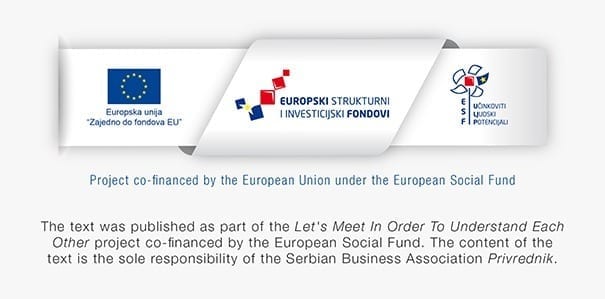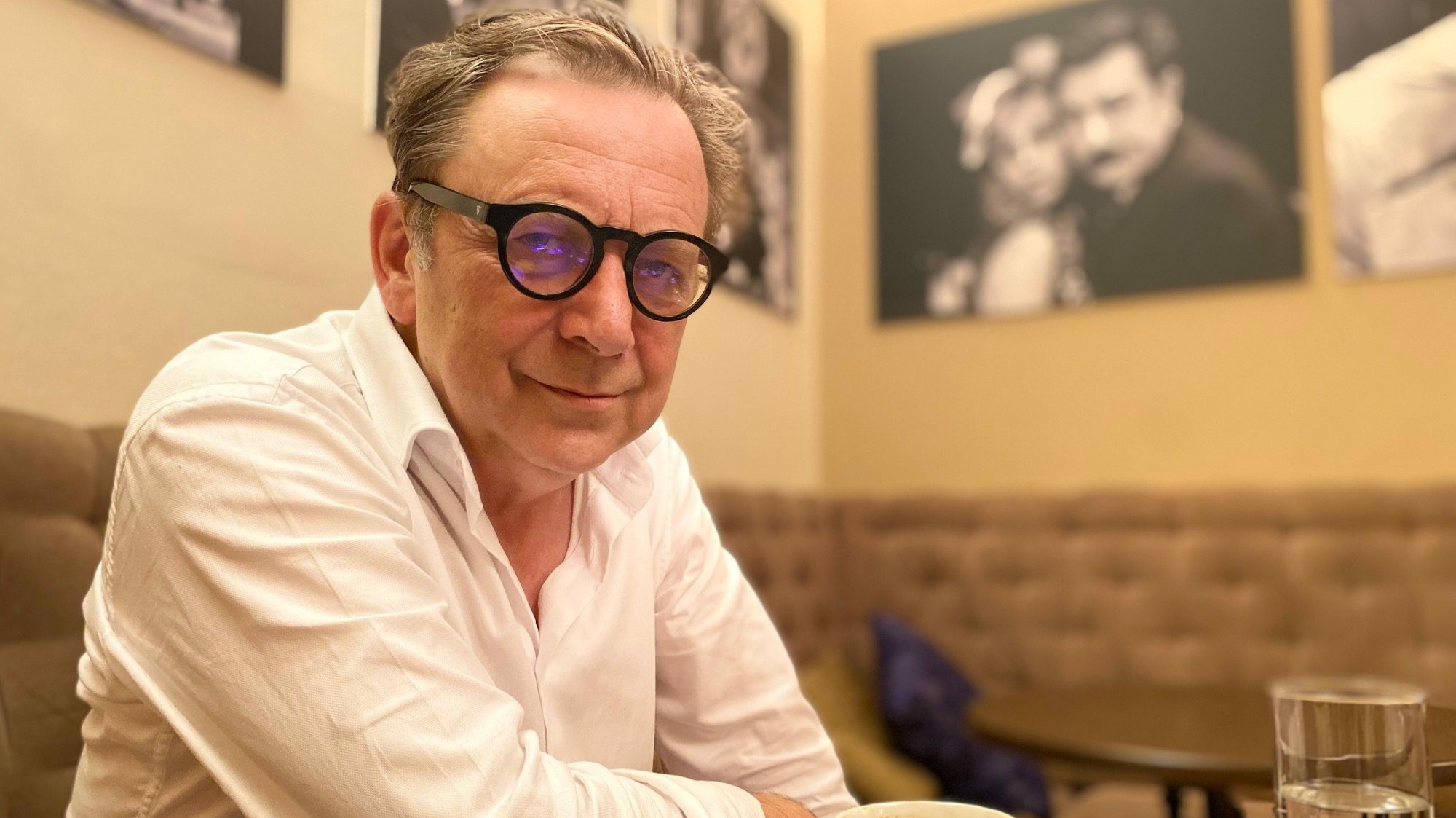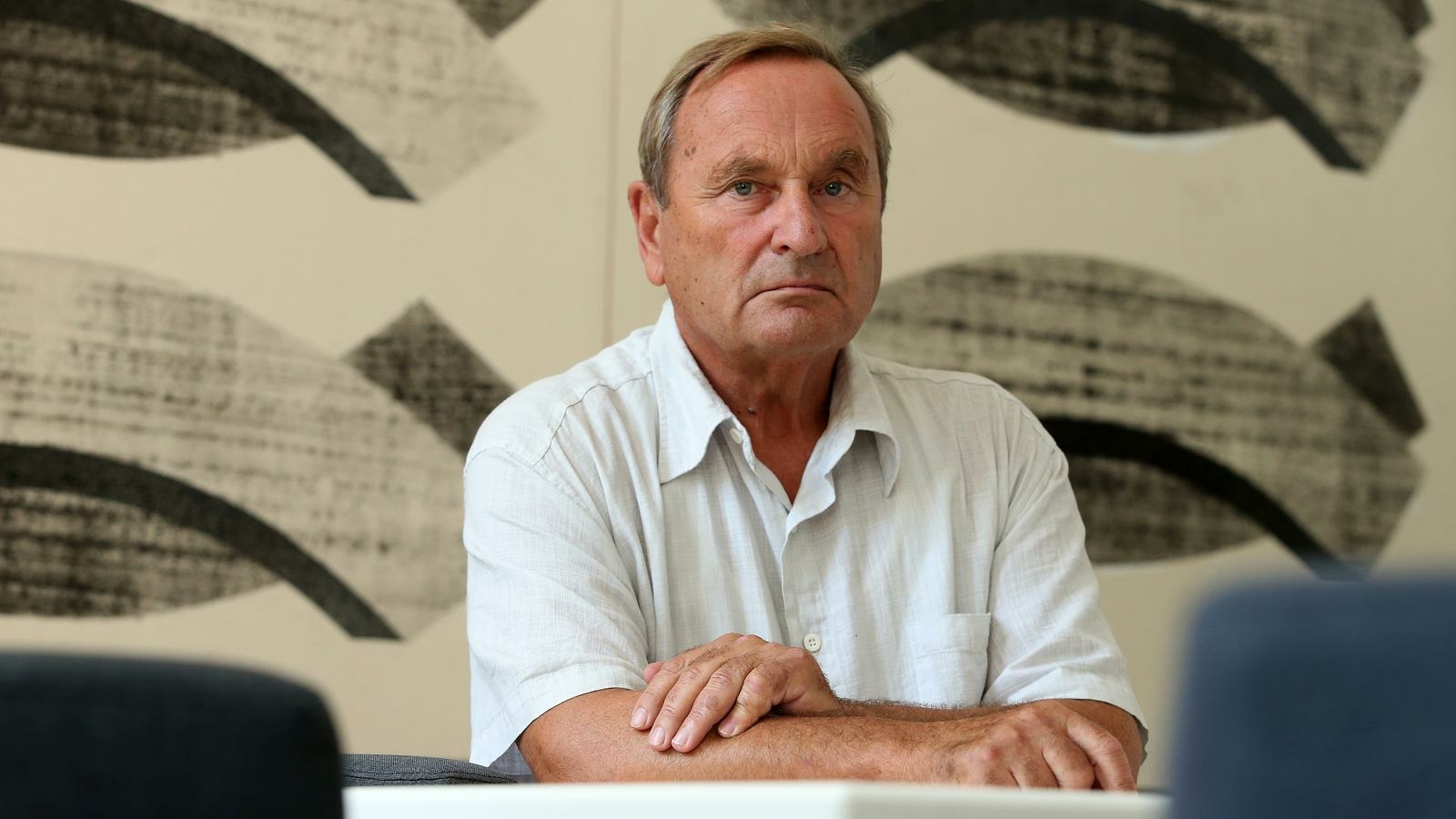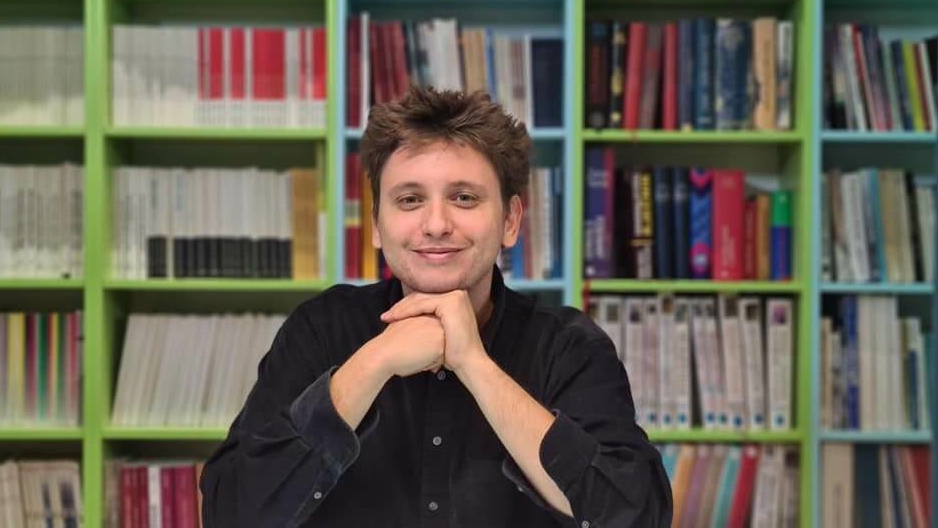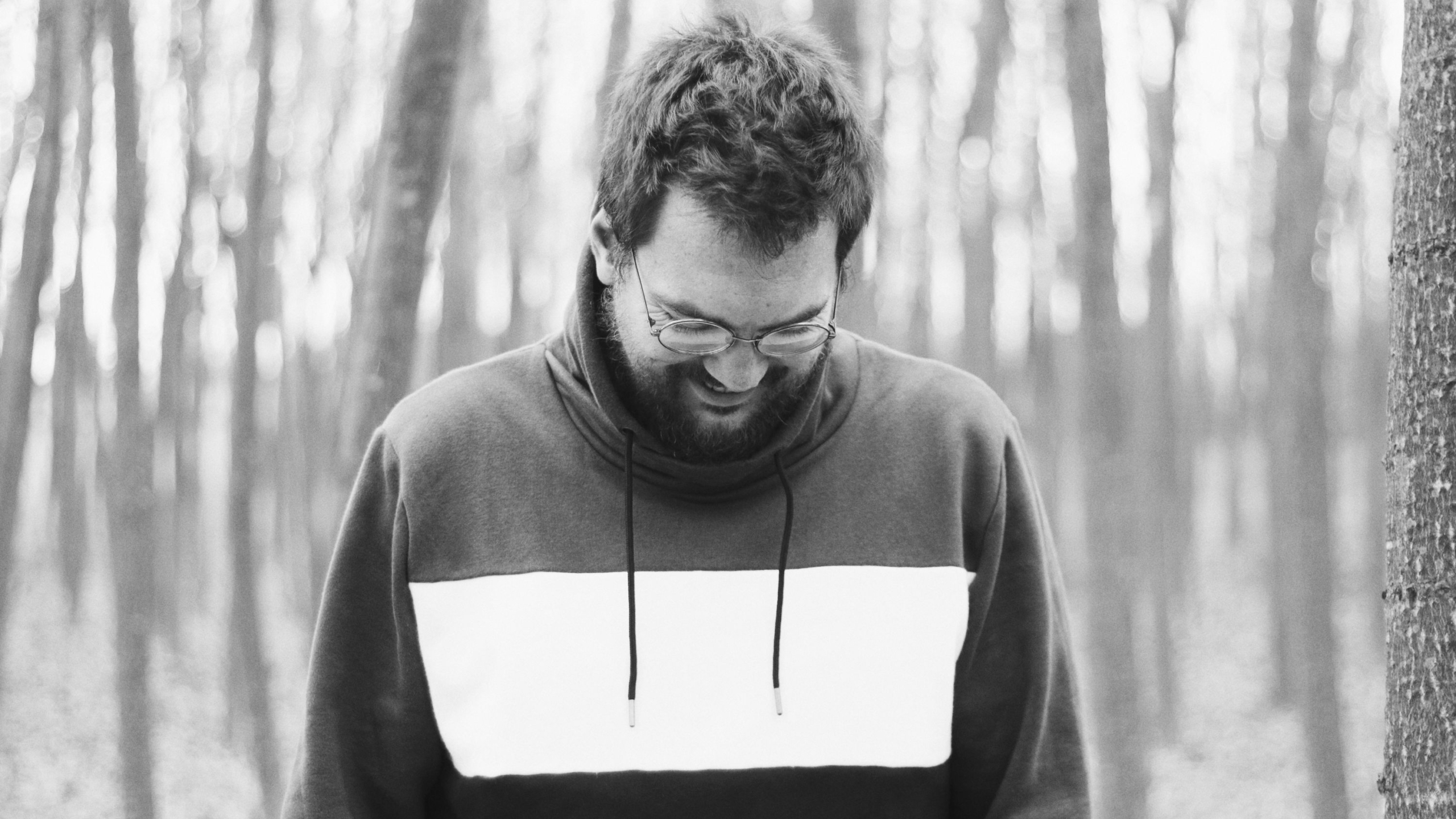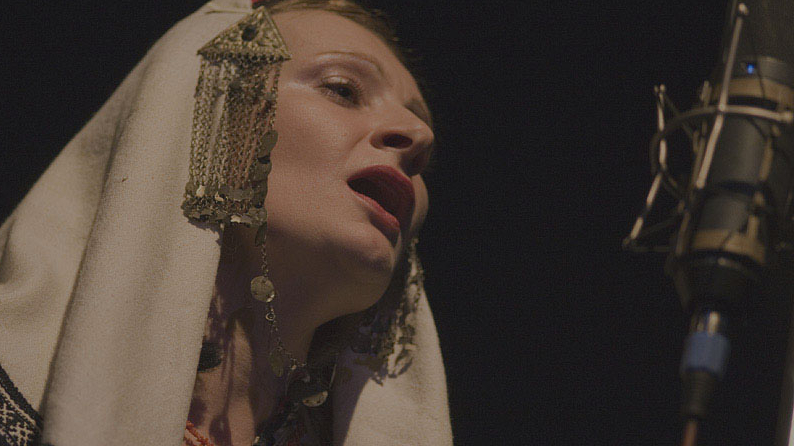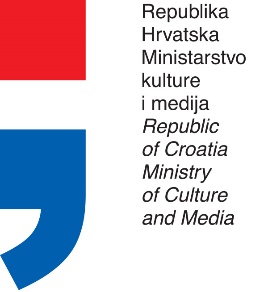In his 40-year career, the Serbian acting legend Tihomir Tika Stanić has played the most important figures of Serbian history and literature: Dositej Obradović, Sava Mrkalj, Jovan Sterija Popović, Miloš Crnjanski, Stevan Sremac, Ivo Andrić, Borislav Pekić, King Milan Obrenović and King Aleksandar Obrenović… In recent years, he has captivated the audiences with a wide array of television roles. However, what interests him the most is the debt we owe to the greats of our history and culture. That is why he is dedicated in different ways to lesser-known stories about great people – Diana Budisavljević, Sava Mrkalj, Nikola Tesla, Ivo Andrić… Even with frequent shoots, duties at the Academy of Arts, performances at Atelje 212, Madlenianum and Zvezdara Teatar, preparations for the new season of the Teatrijum theatre in Captain Miša’s Mansion and many other obligations, he found time for an interview with Privrednik. We wanted to know what drew him to the greats of our national culture and history, many of whom are Serbs from Croatia or those connected with them.
You are preparing a play about Sava Mrkalj together with Prosvjeta from Zagreb. The premiere is expected early next year. Why Sava Mrkalj?
As a young actor, I got the role of Sava Mrkalj in the TV series Vuk Karadžić, which was also supposed to follow the life of Mrkalj. That was the first time I heard of him. We filmed the first six episodes, and then there was a year-long break. When we resumed filming, they called me to play Jovan Sterija Popović. I was confused and told them I was already playing Mrkalj. They told me, “There is no Mrkalj.” I remember the coordinator searching through his list: “Mrkalj, Mrkalj, Mrkalj,” and then “Sava, Sava, Sava…” And he said, “That role doesn’t exist.” They just cancelled him, I guess not to steal Vuk Karadžić’s thunder. I remembered that as another injustice. His fate is interesting, and there are others that inspire me, like Petar Kočić, who ended up in a psychiatric hospital. I studied Diana Budisavljević’s life for years as well.
You were among the first to explore the life and work of Diana Budisavljević. You spent ten years preparing a movie about her.
I was one of the first who talked about her, but an actor’s interview is read by the actor and his mom. Few people read actors’ interviews. Then, Novosti started a feuilleton about Diana Budisavljević, and more people heard about her. I still haven’t realized my idea, but I have participated, to a greater or lesser extent, in other projects that dealt with this topic. I am also interested in people whose contributions history has forgotten or hasn’t validated in the right way. For me, Diana Budisavljević is one of them. The time I spend dealing with a topic and discovering new facts and the context of these peoples’ lives and the attempt to discover and understand their motives – all this is enough to enrich a life. It isn’t lost time. It depends on what your motive in this business is. If the motive is making money, there are other kinds of work where you can make money easier and faster. But if the motive is to bring attention to some important topics, or at least topics I find important, then I am a very successful producer as well as actor.
You have been working on the TV series Nobelovac about the life of Ivo Andrić for several years. How is that going?
People have said all kinds of things about Andrić, and sometimes it looks like he was the most hated and maligned man in the places where he lived. It’s because he was so much above the rest. There are countless anecdotes about him as a selfish man, “a man with a snake in his pocket,” they say. And that man gave all his Nobel Prize money to the libraries of Bosnia and Herzegovina. It is rude to slander people like that. We will see what will find its way into the show, what we will find to be true. In Conversation with Goya, Andrić says that our efforts often resemble those objects natives find after a shipwreck and don’t know the purpose of. The older I get, the more I think the same. But that doesn’t mean we will give up. It is an inner drive or maybe the consequence of a wrong upbringing, or of the fact I was born in a school and my father was a teacher. My mother was the same – she worked in a shop and was known for giving people goods on credit, so when the inspection came, we would go around the village and borrow money to show she had it in the cash register. My children are the same – my older daughter works at a soup kitchen; she has that need. It is a need. Other people have it too and don’t brag about it like this.
But not many people have that. We live in a world where the most important thing for people is material possessions.
That is because those people are deluded, seriously deluded. Money can give you little – a nicer seat on a plane or a train, not much more than that. Love cannot be bought, only an illusion of love.
You are especially known for the notable historical figures you’ve played. Not only have you played them, but you have made sure the public learns more about them. Is that your educational role?
I was born in a school. It was so ordained at my birth; it was not my intention.
You have been performing Andrić’s texts for twenty years. Where have you performed them?
It would be easier to say where I haven’t. I perform them in taverns, at celebrations, in schools. The word “actor” in English and Italian means just that – the one who acts, takes action, and the director Roberto Ciulli claims the actor is at the center of everything and not just the theater. I believe ours is a noble calling, even though Andrić says it is the hardest and most miserable of callings. There were many times when I could testify to that, but regardless of that and of the fact that I wanted to give up several times, I simply couldn’t because it is a calling. It is not a profession but a calling. I am quite popular now, and people approach me in the street to take pictures with me; some are delighted to meet me. My daughter was once with me and told me, “That is the only purpose of your profession – to make people happy for a moment.” If I can do that, what more can I ask of life?
Four decades have passed since you answered your calling. When you compare your early days and today, what has changed the most?
We have grown old. Things move very fast now, and you even feel the coming of that inevitable end. Nothing else has changed, nor will it change. Things have only changed technologically and organizationally. The old socialist model of theater organization is obsolete. We who enjoyed that time are now nostalgic about it and about our youth. The genres and forms will, of course, change, but the need of some people to act and of others to watch them, the interaction between them and the unriddling of the secret of life and death – that will forever remain the same. I don’t believe the world is changing for the worse. The poem Our Days by Vladislav Petković Dis is often used in political campaigns. It contains many things we recognize in our time. And the poem was written almost a hundred years ago. In Shakespeare’s sonnets, in ancient Greek drama and many other pieces, we recognize the disharmony in life and the abuse of virtue. It has evidently been like that since the beginning of the world. And it is evident that virtue somehow continues to survive, and that is why the world survives.
And thanks to all those people we have mentioned – Mrkalj, Tesla, Diana and others – I will never agree with people who long for past times as if they were perfect and ideal. I oppose that narrative publicly, but people have short memories. When they criticize a government and compare it with some previous ones, they forget what happened under those governments. They forget that there existed the dark fact of Goli Otok in that time of wonderful socialism and comrade Tito they nostalgically talk about. Not only that, but I remember the police beating up people in the village for no reason at all and arresting others because their neighbors reported them for criticizing the government. We remember the time of self-governing socialism and the Non-Aligned Movement as the time of a humane society. I remember the violence of that system when I was a child, and we remember 1948 and the terror of victors after the war. It is evidently a pattern that keeps repeating and will not disappear. But overall, it seems to me that people live better with each passing year. I believe in that somehow…
You are a frequent guest in Zagreb?
I have been since I was a child. We lived 90 kilometers in a straight line from Zagreb, and when, as a kid, I played in a band called Lutalice sa Une [Wanderers from Una], we would go to Zagreb to buy instruments. We had TV Zagreb, although we did always turn the antenna toward Belgrade and watch the program, even with static. Belgrade is for me still the center of the world and the fulfilment of all my wishes. I feel it is somehow in my genes. When I was the artistic director of a theater in Banja Luka – and I’m proud of that period and of everything I did there – I still heard people say, “If he was good enough for Belgrade, he wouldn’t be sitting here.” That’s how we see it: those who are able and worthy are in Belgrade.
Were there those who were distrustful of you because you were a newcomer? People from Belgrade can be haughty…
No, those are not Belgrade people; those are frustrated people, and they are a minority. Belgrade is a great European city precisely because you are a Belgrade citizen the moment you arrive in the city. There is an openness regardless of some political changes and the fact that many uneducated people have assumed important positions; a lack of education carries with it a kind of primitivism and a fear of the unknown. But I still think that the spirit of Belgrade is invincible. I have to say that my view of Zagreb has also completely changed since I started coming there from Belgrade and not my village.
Translation from Croatian: Jelena Šimparaga
